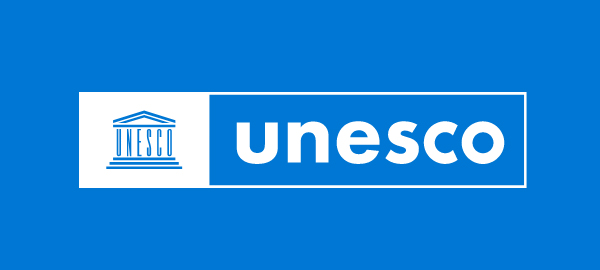UNESCO celebrates the 13th anniversary of media information literacy in Albania
Youths in Albania join UNESCO to celebrate MIL’s 13th anniversary with simulation exercises, discussions and a competition.

Some 150 high school students and their teachers from across Albania participated in the EU-funded project, ‘Building Trust in Media in South-East Europe: Support to Journalism as a Public Good’. In collaboration with the Albanian Media Institute (AMI), the Agency for Quality Assurance in Pre-University Education (ASCAP), and the Audiovisual Media Authority (AMA), the EU sets out to integrate media information literacy (MIL) in formal education, particularly among youths. During the Albanian iteration, participants were exposed to discussions with journalists, workshops, training sessions, newsroom simulation exercises, and a MIL competition.
The sessions covered the content and skills needed for the industry. Participants were also encouraged to adopt active roles in the digital world, including within the world of algorithms, which are often manipulated for use in cyberbullying, online hate speech, disinformation, and fake news. Activities culminated on November 10th with the conclusion of the competition, where seven youths were awarded prizes for posting the best composition and stories on their YouTube, TikTok, and Instagram pages. Forty-one submissions were received covering cyberbullying, media activism/social media use, AI for learning (physics AI Chatbot), and clickbait headlines vs news.
Why does it matter?
The project is relevant as cybersecurity instances mount and the world increasingly migrates to the digital plane for daily information. It is also essential to involve youths in such cyber hygiene training as they are usually the ones at the forefront of technology use, and as one of the competition winners, Elian Bilibashi, posted on his school’s page, ‘Shifting the focus of young people from problems creates space for continuous development. The energy of young people makes the media more desirable to society!’
